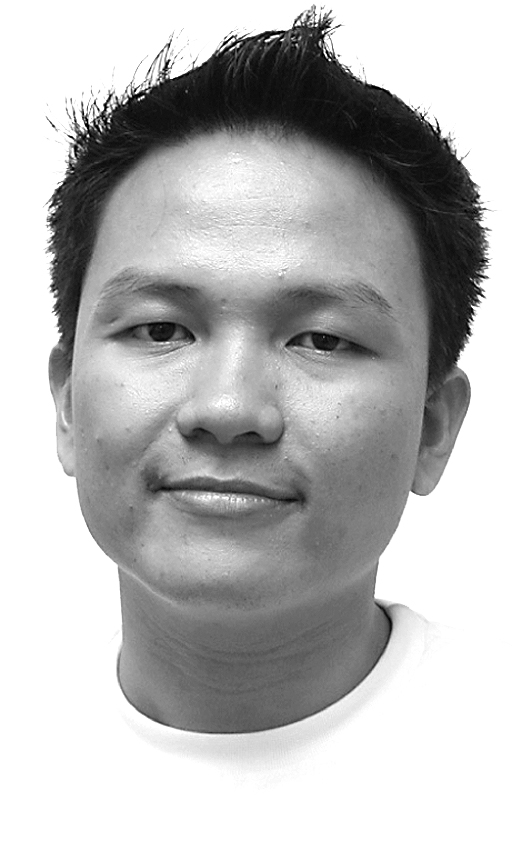
BAGUIA
Yesterday, the Catholic Church celebrated the feast of Saint Maximilian Kolbe.
This Franciscan saint is relevant to the Philippines today.
Since he was imprisoned by the Nazis and executed with a lethal injection of carbolic acid, he is venerated by many of the faithful as patron of the incarcerated and of those enslaved by drugs.
What would Saint Maximilian say to our compatriots in our jails, many of them still awaiting trial or detained though qualified for release on medical or other humanitarian grounds?
How would he respond to the inhumane congestion in our prisons?
What would he say to our leaders and to ordinary citizens who cheer the killing of persons addicted to drugs and do not care that the so-called war against narcotics has claimed the lives of innocent children?
Saint Maximilian was a martyr of charity. He was rounded up by the Nazis as their repressive activity had come to include clergy and religious men and women due to church resistance to Nazism.
He was imprisoned in Auschwitz in Poland. In 1941, ten fellow prisoners had escaped the concentration camp. Their angry captors wanted to teach the remaining captives a lesson and lined up 10 of them to be starved to death. One of them was a husband and the father of a family.
Saint Maximilian freely chose to take the man’s place.
All whom Saint Maximilian was to die with perished in the fortnight when they were deprived of food and water.
When the guards saw that Saint Maximilian was the last man standing, they decided to inject him with deadly drugs. He was 47 when he died on Aug. 14, 1941.
I first heard about Maximilian Kolbe from my Bible teacher in high school, an Italian nun. She had given my Polish classmate a knowing look when she talked about the saint. My classmate turned to the boys behind him, grinning, and said “I do not know Maximilian Kolbe.”
A janitor at the camp where he was confined had said that Saint Maximilian led fellow prisoners often in prayer, especially in reciting the beloved “Hail Mary.”
The faithful see the hand of Providence in that Saint Maximilian made the ultimate sacrifice of his life on the eve of the Solemnity of the Assumption of the Blessed Virgin Mary. He was known to have urged the faithful never to fear loving the Blessed Mother too much. “You can never love him as much as Jesus did,” he said.
It would be absurd to petition Saint Maximilian to give up his life many more times for the victims of the bloody campaign against drugs in the Philippines and elsewhere in the world.
Today, it is the turn of every Filipino of good will to find a way to contribute to the resolution of the drug problem both by peacefully resisting the daily killings — whether by authorities or by outlaws — and by reaching out to those who are most vulnerable to substance abuse: the lonely, the friendless, the anxious, the poor, those whose unfortunate stations in life have driven them to the despair of seeking consolation in the highs and illusions made possible by consumption of illegal substances.
A word from Saint Maximilian should encourage us: “A single act of love makes the soul return to life.”
It is encouraging that Cebu City Mayor Tomas Osmeña has urged President Rodrigo Duterte to find an alternative way to end the national bane that is illegal drugs.
A guns-and-bullets approach to this woe will only perpetuate a vicious cycle of death-dealing in our land.
Since the mayor is still at a loss for solutions to offer, may the wise among us give him workable suggestions to implement.
May Saint Maximilian Kolbe grant us all the courage to build a culture where life is freely given in the defense of the innocent or of lives that can be renewed when touched by love, not wantonly taken in a pandemonium of bloodlust.